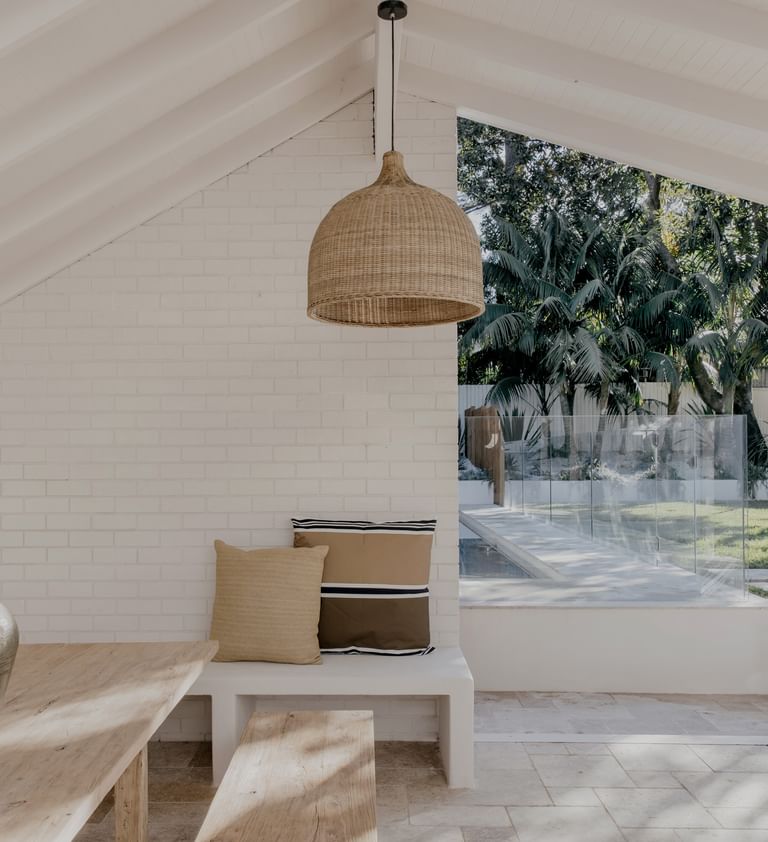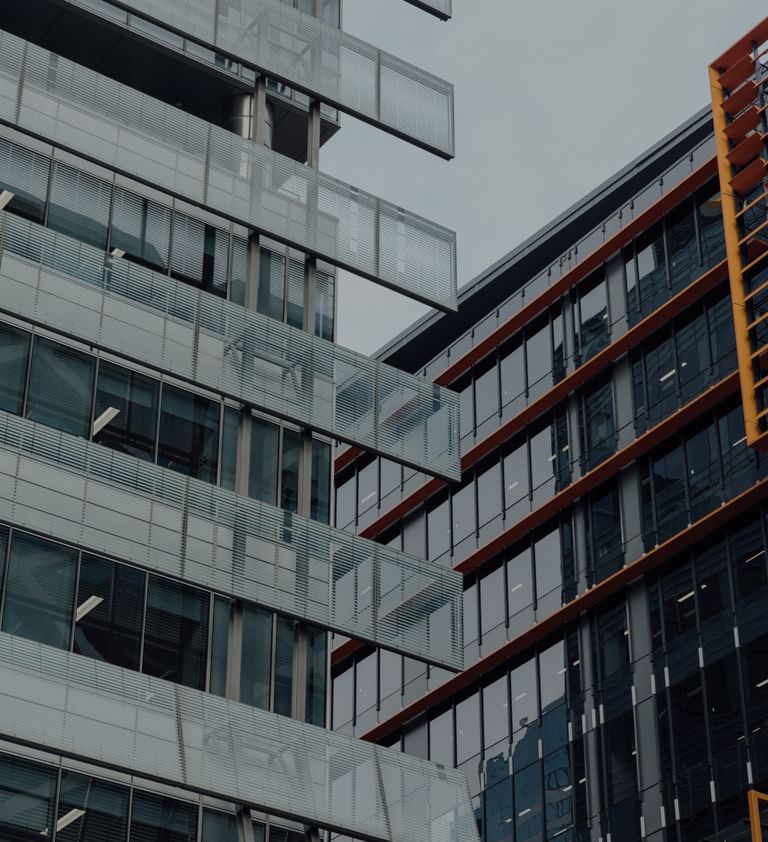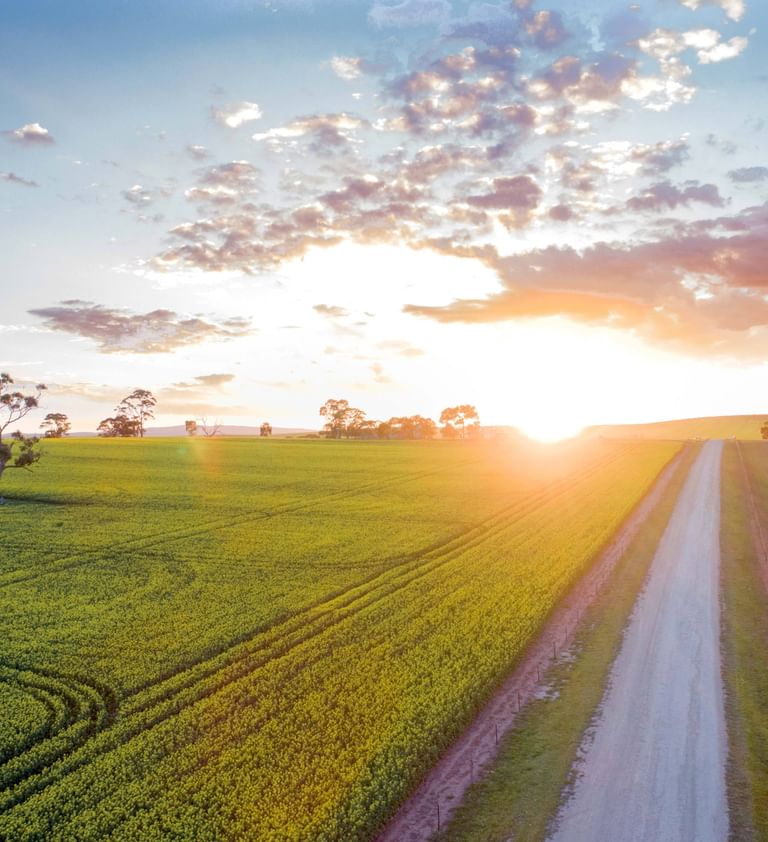Originally from Tasmania, Andrew (pictured above) drove to Darwin nearly a decade ago while travelling Australia as a builder. He only planned to stay for a weekend but never left. In 2017, he pivoted to real estate and has since built a highly successful career, ranking in the top one per cent of Ray White salespeople across Australia and New Zealand.
Over the past nine years, Andrew has watched the Darwin property market change and adapt, especially during the COVID-19 years.
“The market has evolved a lot since I started. It was heavily declining when I first started and in a bad way. I didn't know at the time, I really had no idea what was going on when I first started and then three years in COVID happened, and that changed things as we know,” Andrew said.
“The Darwin market depends a lot on industry projects. Since Japanese natural gas company INPEX finished up in 2014 the market has been pretty flat except the little run with COVID.
“Now we’re seeing a lot more investors in the market for properties under $600,000 and most properties above $600,000 are being bought by locals. It's very transient so we get a lot of interstate buyers buying and moving here.”

















